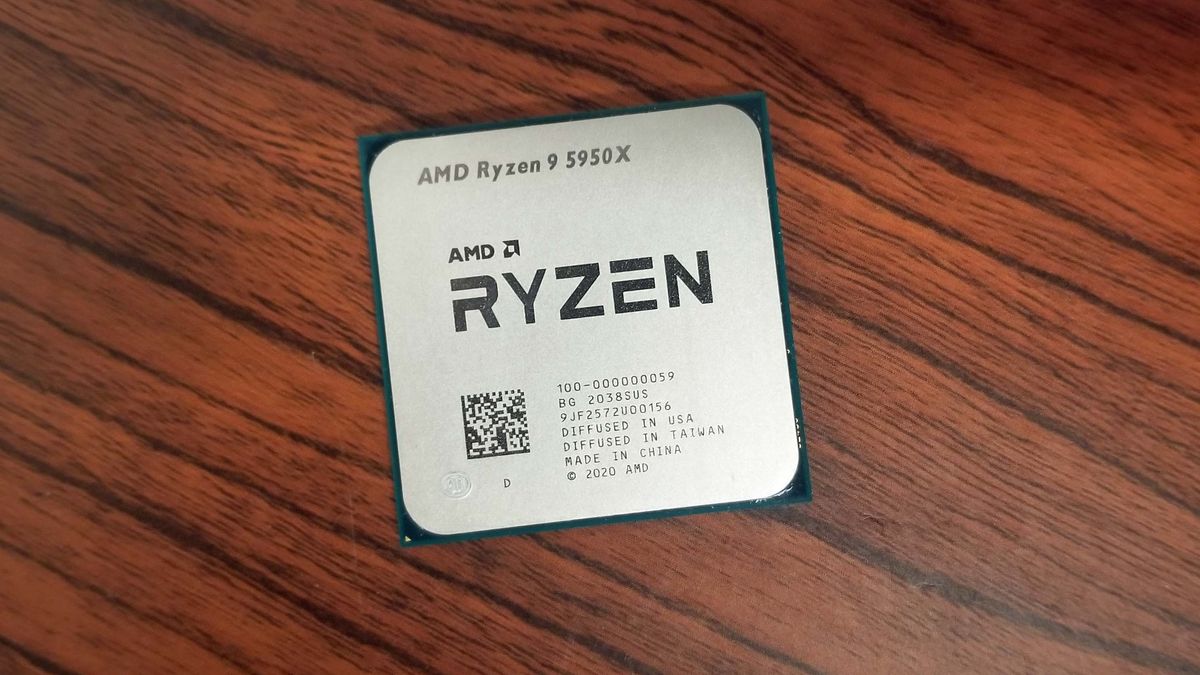I have been out of gaming for quite a few years I admit. But when I was gaming it always seemed to be the case that the GPU was the bottleneck unless you had a really old CPU. From what I'm reading here that's not the case today right? Meaning something like a 9900K wouldn't be a good gaming CPU?
Lots of talk about CPU gaming prowess here. Just wondering how important this actually is for gamers as opposed to Intel/AMD marketing?
A lot of angles to consider here.
While the 9900k is somewhat old from a launch date perspective it isn't really from an actual practical perspective as Intel's per core design had effectively been stalled since Skylake in 2015 until Rocket Lake this year. Rocket Lake likely however had compromises and scale back due to the manufacturing process issues (even with Alder Lake I'd wonder if it does to some extent as well). AMD was really playing catch up still until Zen 3 and so it wasn't until Zen 3 that we've had what would really be considered a significant per core performance jump for gaming. Gaming did start to scale beyond 4c/8t but not much beyond that, and since the 9900k is a 8c/16t it's fine in that respect. This means in practice despite the age the 9900k is really just 1 tier down from Zen 3 CPUs for gaming.
We're still in the transitional phase for the console generations. There is much more limited scaling on the CPU side for gaming compared to graphics. It'll be interesting to see if once we fully transition to what extent games start to leverage the large CPU capability jump this generation and how that impacts the PC side when the CPU gap is nowhere near what it enjoyed over the last gen.
PC gaming is really broad nowadays and the measurables have changed. For instance I know people that were interested when it was noticed Zen 3 was showing a high consistency of running Overwatch well above 300 FPS even more so than Intel CPUs. Now does something like that matter for the "graphics review games" segment that just wants 60 fps at higher resolutions? Different segments. Higher refresh at 120hz+ now is still now considered high refresh anymore for gaming. There are also games that have struggled to even hit 60 fps due to the CPU historically in segments (eg. notably Fallout 4, which I'll mention a bit below).
This is a bit of a side bar issue I have but I don't feel most reviewers really even look at CPUs for gaming in a relevant manner because they effectively look at it from the same perspective as a graphic's card review but with CPUs instead. The Fallout 4 benchmark thread on these forums awhile back for example was a much more relevant from a CPU gaming performance stand point than Anandtech's actual CPU reviews.
Related to the above I also feel gaming numbers have some proxy for non gaming and productivity as well. I have a problem with how most reviewers tackle productivity as it just simplifies productivity to throughput based tests essentially. I do 3D rendering for example, but the thing is I use GPUs now for the actual throughput part of rendering (CPUs just don't compare now). Which means for me a better CPU for rendering isn't the one that actually does those render tests faster but which is faster in the actual creation portion (which tend to somewhat almost align more with gaming). But most reviews don't look at productivity from that angle.
From an upgradeability stand point my experience is also that for most users the GPU is the most upgraded. While there is often vocal talk about socket/mobo support for future upgrades for CPUs it's not really taken advantages of to anywhere near the same extent. Then of course monitors (displays) and display resolution also see rather long life spans (noticing a significant amount of people upgrading now to 120hz+ versus resolution increases). So while you may not have RTX 3090 or 6900 XT now to pair with your CPU, you may eventually be using a GPU that well eclipses those. I wouldn't be surprised if a significant amount of early 2010 CPU buyers for example eventually used GPUs several times faster than the top end GPU available at the time with the same CPU.




